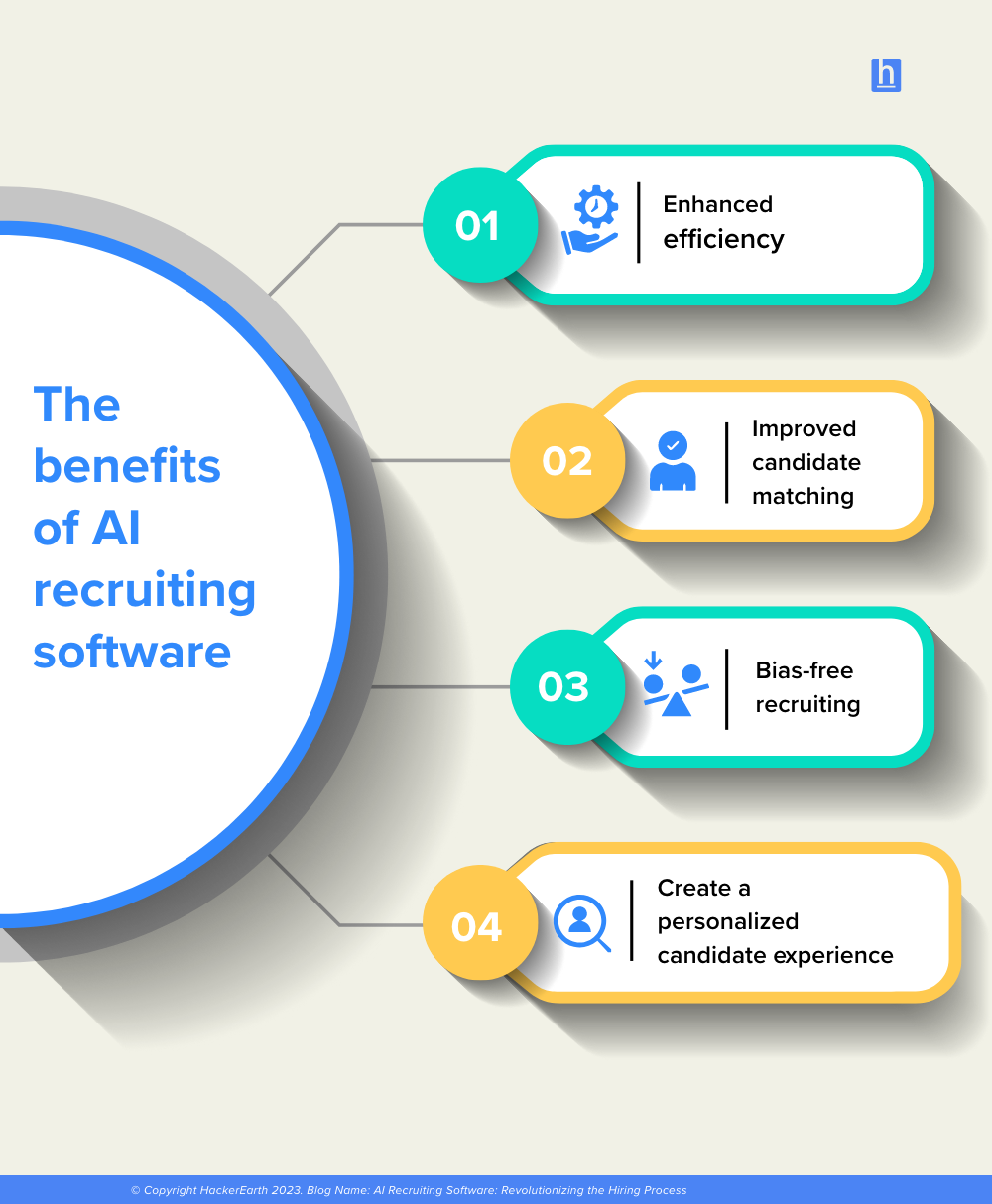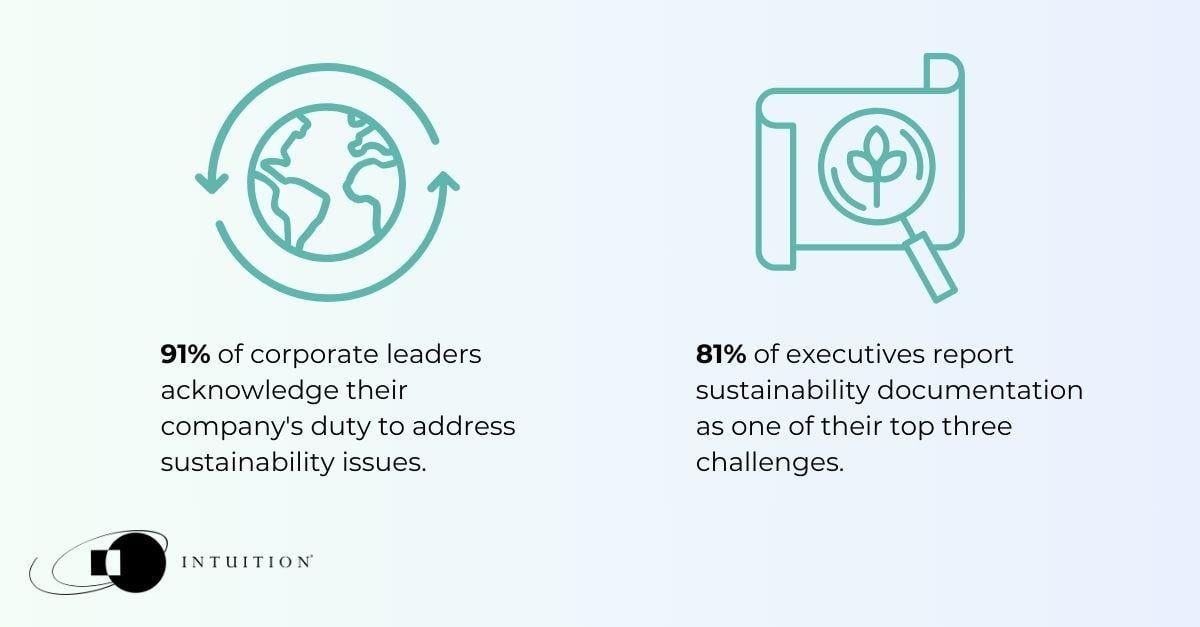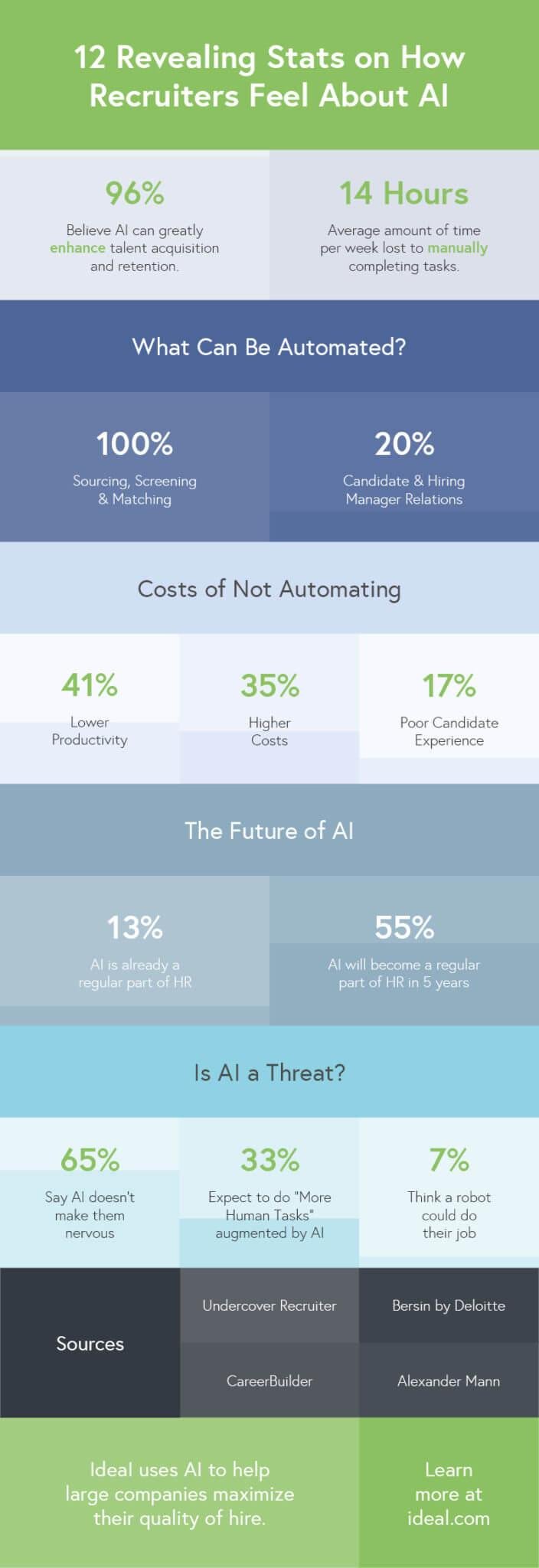If in a job interview you’re asked "where you see yourself in 5 years", or "how you see yourself in 5 years", it’s important to have prepared your answer so you don’t go blank or end up saying something unconvincing. Don’t leave your response to improvisation, as it could be important for the success of your application. In this post, we’ll explain why interviewers ask this question and how to answer it effectively.
Why do recruiters ask where you see yourself in 5 years?
It's quite common for recruiters to ask where you see yourself in 5 years during a job interview. They want to understand if you plan to stay with the company for an extended period and if your long-term career goals align with the company's objectives. Ultimately, they are interested in knowing if you will remain committed and put in sustained effort in the role.
In short, just like questions about salary expectations or why you want to work with them, this one helps recruiters get to know you better. It’s an abstract question and can be tough to answer, but simply preparing a good response is already a positive indicator for the employer to see if they can envision you as part of their team.
Possible answers to the question "Where do you see yourself in 5 years?":
Now that you understand why this question comes up in recruitment processes, let’s look at some possible ways to answer it.

Generally good tips. Source: Kickresume
Response 1. Be transparent:
Being transparent is almost always a good strategy for any question. Contrary to what you might think, transparency shows confidence, as you’re comfortable sharing your doubts -if you have any- or openly discussing where you want to go. Of course, this doesn’t mean you shouldn’t prepare your answer, whatever it is you want to say with honesty.
If you don’t know exactly where you see yourself in 5 years, you could say something diplomatic like, “I don’t have a specific idea right now, but I know I want to work in X and grow within an interesting project like yours,” or something along those lines.
This type of response might not be ideal if you’ve been in your career for many years. For instance, if you’ve been working in a sector for 10 years, it may sound odd to say “I’m not sure yet.” What’s usually seen more positively is determination and a clear sense of direction.
Sometimes, the question is simply a way for the employer to gauge what kind of employee you’ll be—whether you’re someone who will jump ship quickly or lack patience if things don’t align with your goals. Employee turnover rates are high in many sectors, like digital, and retaining employees is crucial for companies. Attracting candidates is no easy task, and the questions you’re asked in interviews are aimed at finding the ones that best fit the role and the company.
Response 2. Be inspirational:
Another approach is to respond with something inspiring, for example: “In five years, I’d like to lead a team here, help grow the company, and mentor others.”
If you want to build your career in a specific company, you could say something like, “I’ve been following your work for a while, and I love what you do. I was really impressed by your X campaign, and I’ve been using your products for years. I believe my personality would fit perfectly with your company for X and Y reasons, and I’m confident we could achieve great things together.”
Of course, these "inspiring" responses should be based on reality. If the company you’re applying to doesn’t give you that kind of vision, it’ll be hard to convey it to the interviewer. Don’t rely on assumptions—always say something you can defend confidently. Hiring managers are used to speaking with many people and can easily tell if what you're saying is honest or not.
In the end, it’s best to find a job or company that genuinely inspires you, where you believe you’ll be a good fit.
Response 3. Be Professional:
To give this answer, you need to know the company and the role you’re applying for very well. You might say something like:
“As a professional, I’ve always aimed to choose projects where my skills will be valued. Now I’m looking for a project that will take me in X and Y directions, and based on the job description, I believe my profile is a good fit. I don’t know what will happen in 5 years, but I see myself here long-term and growing professionally.”
This response is close to saying that you’re simply looking for a job, but it’s important to frame it professionally, highlighting your strengths and subtly showing how they’ll benefit the company. Companies understand that sometimes people are just looking for a job and the company happens to be in their path, but that doesn’t mean the relationship can’t be mutually beneficial. It’s just about being mindful of how you express it.
It’s always helpful to have examples of achievements that highlight your career, demonstrating your willingness to continue achieving more.
Responses to avoid:
While we’ve covered various options for answering the 5-year question, there are also some responses you should steer clear of:
- "I see myself becoming a manager in a few months." This could rub the interviewer the wrong way. It’s good to show ambition, but take it one step at a time.
- "In five years, I want to be the CEO." Same issue as above—you’ll need to prove a lot before reaching that level.
- "In five years, I’ll have moved on to a different job." No need to suggest that this job is just a stepping stone for your CV.
- "I want to start my own business." Similar to the above, it's fine to be entrepreneurial, but express it in a way that benefits your future employer.
- "I’ll be working for a larger company." Companies understand you might not stay with them forever, but there’s no need to mention it before you’ve even started.
- "I’ll be living at the beach, retired." This response suggests a lack of energy and that your mind is already elsewhere—not ideal when you’re actively seeking a job.
All these answers show little interest in the company or the learning opportunities the role offers.
Conclusion
There’s no perfect answer—you’ll need to prepare one that makes you feel comfortable and that you can confidently defend in any situation. Ideally, put yourself in the employer’s shoes and try to understand what they’re looking for in a candidate for the role, then craft a response that meets those needs using your skills.
Prosperity Digital is a recruitment agency specializing in HR and the digital sector. If you need help finding talent or advice on how to attract it, don’t hesitate to leave your details through our contact form. If you’re a candidate looking to learn more about job searching, check out our blog and resources page for everything you need to succeed. Feel free to get in touch with us anytime.
Prosperity
If you are seeking a job in digital, check our available roles below:
https://www.prosperity.ie/jobs
If you want to know more about the recruitment process at Prosperity get in touch!
Moreover, if you are looking for guidance on salaries, download our 2024 Salary Survey!




